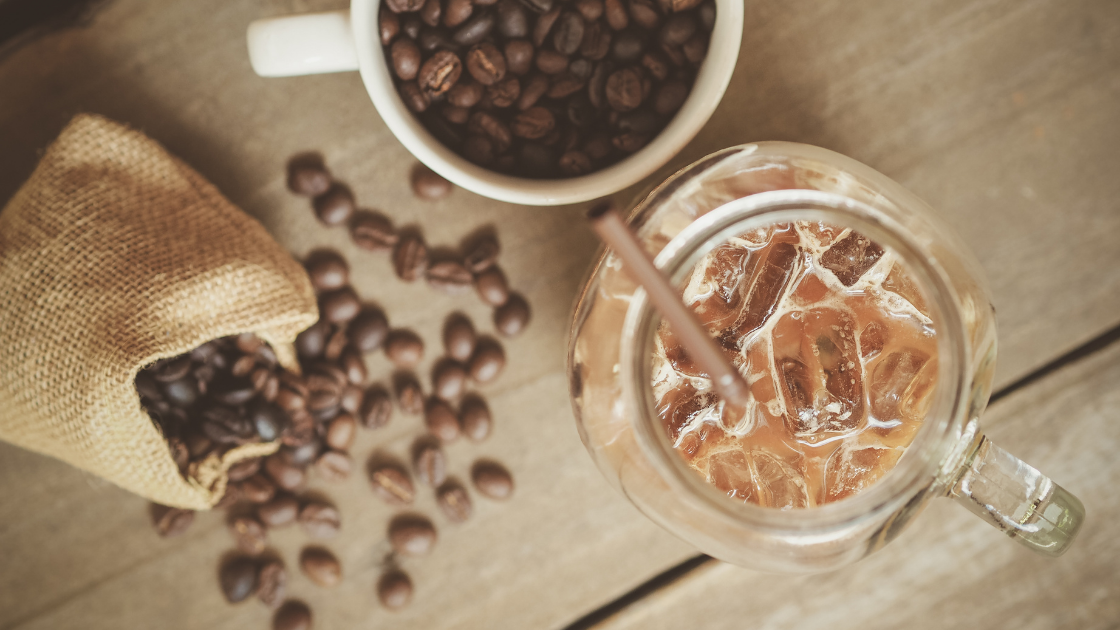How to Stay Alert by Timing Your Caffeine Intake
Thank you to Dr. Davana Pilczuk of The Human Performance Group for this article. Dr. Pilczuk is an award-winning kinesiologist who specializes in human performance. She is a speaker, writer and consultant for Fortune 500 companies, sports teams and small businesses. For more expert advice, check out Dr. Pilczuk’s recent article on team dynamics.
Coffee is the drink we Americans are addicted to. We consume Frappuccinos and lattes because they taste yummy. We look forward to the pumpkin spice drinks in the fall and the peppermint flavored ones in the winter. But regardless of how you take it, we do love our coffee. And why wouldn’t we? We are a severely sleep deprived society and that caffeine is desperately needed to keep us awake to get through our day.
If you drink coffee not so much for the taste of it, but more to help you stay upright and focused, then be aware that there are two key times of the day that a cup of joe will give you the most benefit.
Most people have their first cup of coffee as soon as they wake up. The rationale is that the caffeine will wake them up quickly so they can be functional and coherent faster. But you might want to hold out just a little bit before taking that first sip.
Your body makes a stress hormone called cortisol and although it gets a bad rap, cortisol plays a pretty important role in helping the body function every day. Cortisol assists with blood sugar levels, metabolism and inflammation. Another one of its roles is to help get the body up and moving in the morning. Cortisol follows a daily rhythm and increases in the morning, the decreases as the day goes on. It helps to raise body temperature, heart rate, wakes up the digestive track and increases our alertness. If left alone, our natural levels of cortisol will wake us up every day. That morning shot of cortisol is also the thing that gets our colon moving and its why most people have a bowel movement within 1-2hrs of waking.
So, when do you have that first cup of coffee? Wait until about 1.5hrs after waking, then have your first cup. By then cortisol will have peaked and the effects of the caffeine will be greater. Have it before then and it will take a greater amount of caffeine to get you up.
The second time of day to have caffeine is in the early afternoon around 1:30 or 2:00pm. Every day around 2pm we experience what is known as a circadian low. This low lasts for about three hours and for most people, their low will start somewhere between 2pm and 3pm every day. This is the time where you struggle to stay awake, can’t concentrate well and feel irritable and moody. This circadian low is totally normal, but not always pleasant. If you got a bad night’s sleep the night before, your low will hit you even harder the next day. By having caffeine 30 minutes prior to your low, you won’t succumb to intensely to its effects. The caffeine will minimize the symptoms of the low and make the afternoon a little easier to manage.
If you want to get better sleep at night, stop drinking caffeine after 3pm. Caffeine has a half life of six hours, which means six hours after you drink it, half of it is still flowing through your system. Even some caffeine can keep you up and will prevent you from falling into those deeper stages of sleep you need to get in order to feel rested.
If you aren’t a coffee drinker or are extremely sensitive to the effects of caffeine, there is an even better alternative to getting through the day without dozing off. Simply start making sleep a priority. A small increase of just 15 to 30 extra minutes can make a world of difference in your mood and ability to focus throughout your busy day, and that extra sleep means less need to rely on outside stimulants. Caffeine is just an aid to help you stay alert and is never an adequate replacement for some good old fashion, quality sleep.




